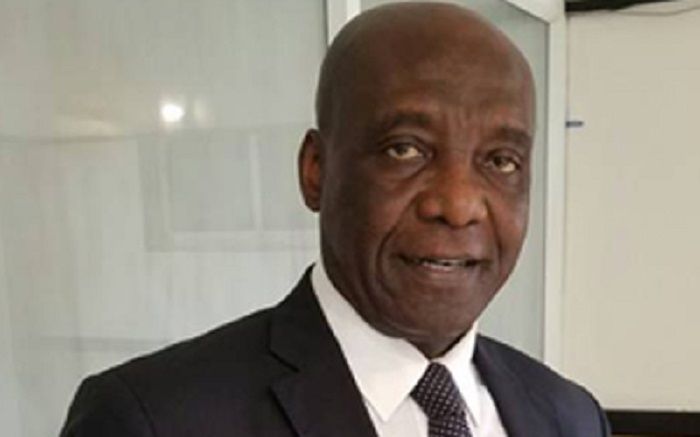A retired Director of the Department of State Services (DSS), Mr. Dennis Amachree, has expressed deep concerns about the declaration of a state of emergency in Rivers State by President Bola Tinubu, saying the action could lead to escalation of tensions. According to the security consultant:
“The history of militancy in the Niger Delta shows that political grievances, especially those with ethnic undertones, can be powerful mobilising factors for armed groups”.
While providing perspectives to the current reality in Rivers State following New Telegraph’s request, Amachree expressed fear that the development could trigger circumspection in both local and foreign investors, leading to postponement of expansions.
President Tinubu had based the suspension of democratic institutions (executive and legislative arms of government) “for an initial period of six months” on the political crisis that assailed the oilrich state.
In his intervention, Amachree argued that: “The imposition of emergency rule, particularly when perceived as politically motivated, could also lead to an escalation of tensions and a backlash against the military intervention from certain segments of the population”.
While conceding that “the state of emergency is likely to lead to consolidated military operations aimed at quelling the rising militancy in the region”, the retired Assistant Director (Investigation and Intelligence), however, submitted thus: “Historical experience in the Niger Delta suggests that military force alone may not be sufficient to address the underlying causes of militancy”.
Hear him: “The protracted political crisis between Governor Fubara and Nyesom Wike likely exacerbated these existing vulnerabilities, potentially creating a power vacuum or diverting attention from security matters, which could have been exploited by criminal and militant elements.
“The declaration of a state of emergency and the subsequent deployment of additional security forces, including the military, are intended to improve public safety and reduce crime rates.
“Residents can expect to see a heightened presence of security personnel in public areas, and there is a possibility of curfews and restrictions on movement being imposed.
“While these measures may initially deter some criminal activities, there are also significant risks associated with increased militarisation.
“Experience has shown that such interventions can sometimes lead to unintended consequences, including clashes between security forces and local communities, as well as allegations of human rights abuses under the guise of restoring order.”
Nonetheless, the retired secret service personnel made a strong case for genuine and inclusive dialogue among critical stakeholders, as a pathway to enduring peace and full restoration of democratic order.















